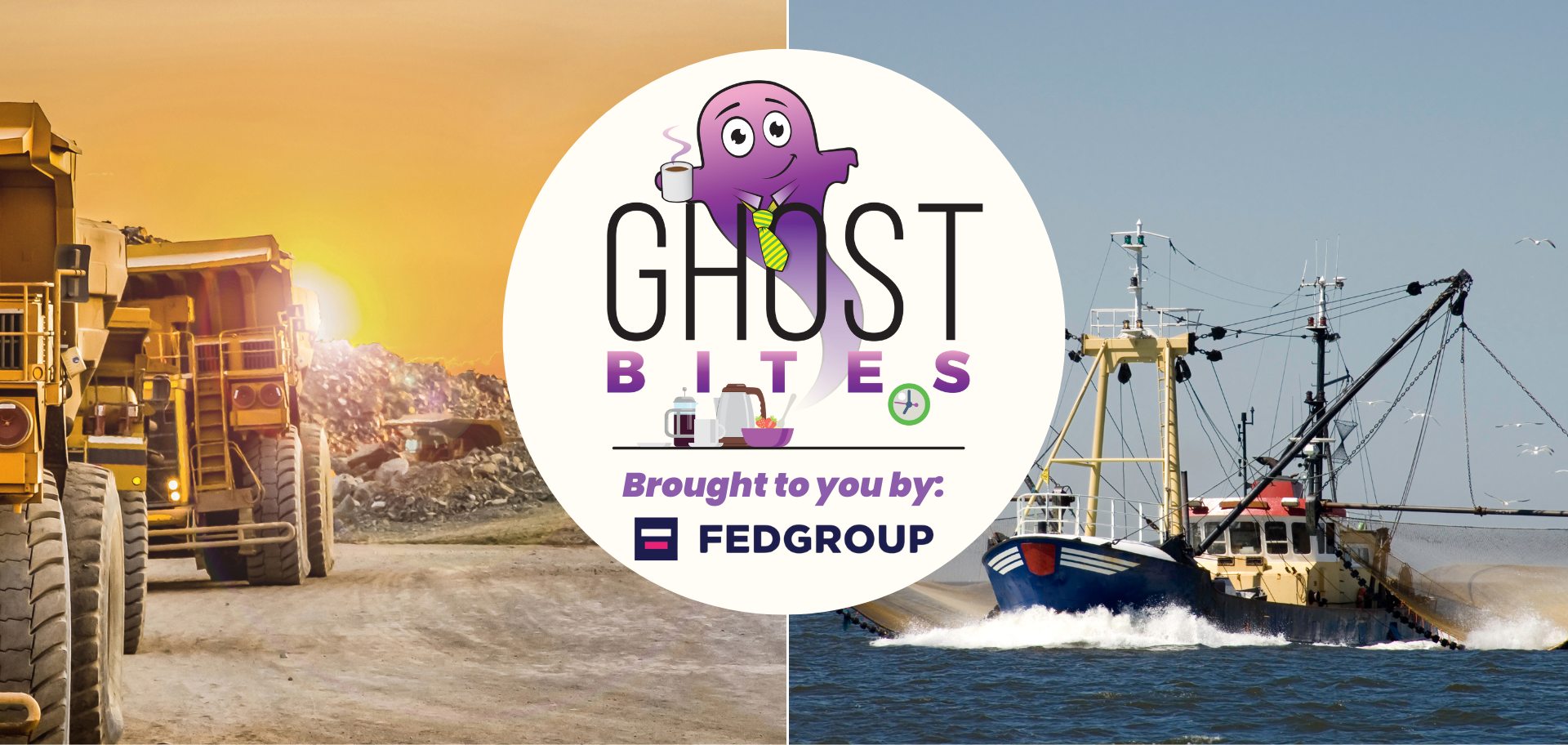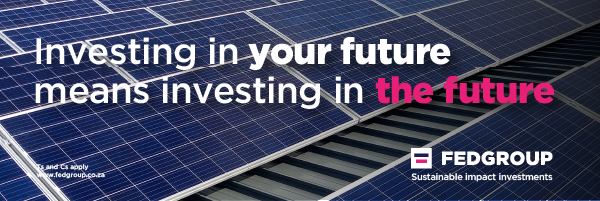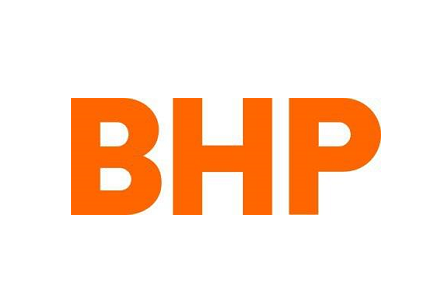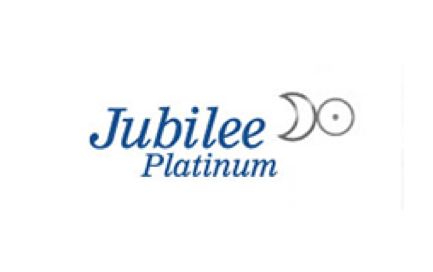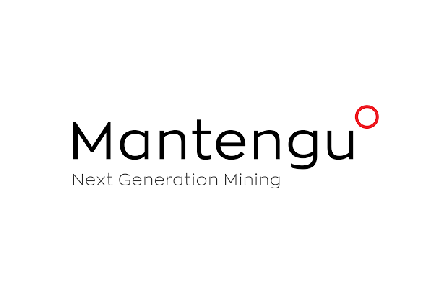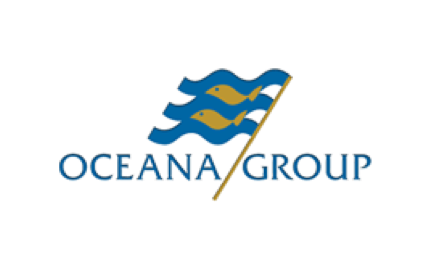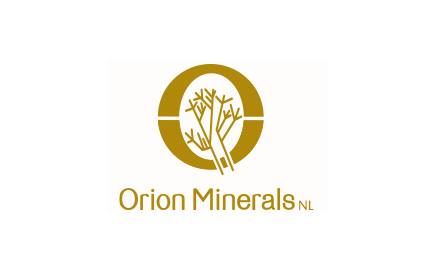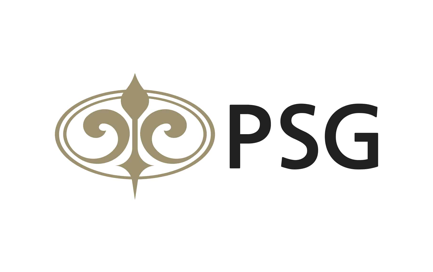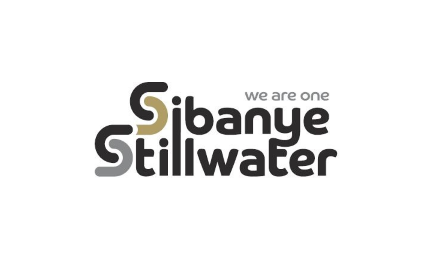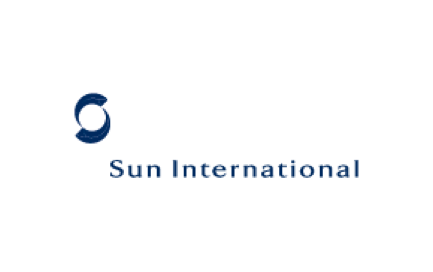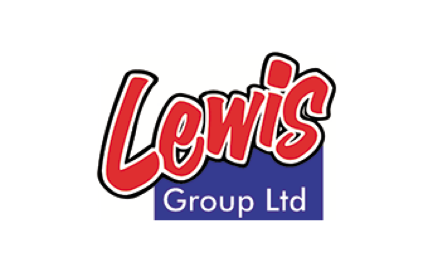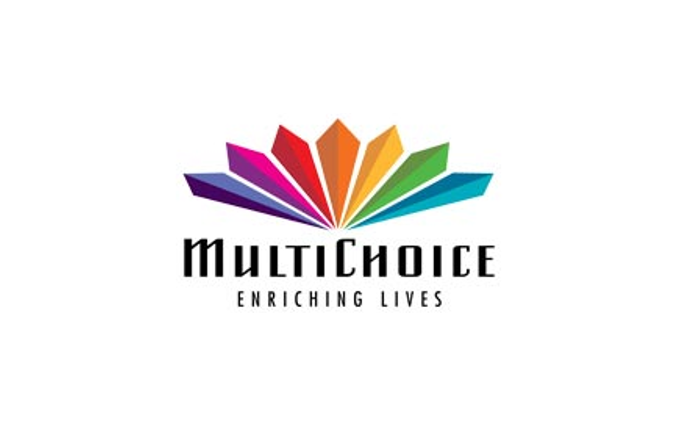Get the latest recap of JSE news in the Ghost Wrap podcast, brought to you by Mazars:
Copper, iron ore and energy coal are on track at BHP (JSE: BHG)
The latest update covers the nine months year-to-date
Each quarter, BHP Group releases an operational review that goes into great detail on each of the operations in the group. If you want to really dig in, I suggest referring to the full announcement.
The key takeout is that copper, iron ore and energy coal production is on track for the year. Notably, copper volumes are up 10% thanks to strong production within the group. In iron ore, production has been consistent despite heavy rainfall. Of course, things can’t be good everywhere, with the metallurgical coal operations in Queensland not managing to offset the impact of wet weather (including two cyclones), leading to revised guidance. Energy coal has had a better time of things, with production expected to be at the upper end of the guidance range.
Over in Canada, the Jansen Stage 1 project is ahead of schedule with a 44% completion status. The group also notes that a decision on the future of the nickel business in Western Australia will be made in coming months, as the group responds to difficult realities in that sector.
Record chrome production at Jubilee, but pressure on copper (JSE: JBL)
Chrome and PGM production guidance is unchanged and copper has been lowered
Jubilee Metals released an operational update for the third quarter of the 2024 financial year. This covers the three months to March.
The good news is that chrome production achieved a quarterly record despite being a seasonally lower quarter due to the holiday period in January. On a year-to-date basis, chrome production is up 19.2%. There’s more to come, with a second chrome processing module due to be completed in August 2024 and fixed margin tolling agreements extended to 2027.
The same can’t be said for PGMs, where reduced stock of lower grade feed material led to a decline in quarter-on-quarter production. Over nine months, PGM production is 3.6% lower than the comparative period.
In Zambia, construction activities at the Roan concentrator and Sable refinery impacted production. Project Roan has experienced a six week delay in delivery of final electrical components, which will push commissioning out to May 2024. This has led to a reduction in guidance for the year, although this is really just a short-term wobbly. The long-term picture is much better, with partnership agreements being negotiated that could delivery substantial copper units.
As further upside optionality in this story, don’t forget the partnership with International Resources Holding in Abu Dhabi regarding the large surface copper Waste Rock Project. Jubilee is busy with a detailed resource definition to confirm the material reclamation strategy and location of targeted processing units.
Mantengu will tap into GEM Global Yield’s facility “in due course” (JSE: MTU)
The company has reminded the market of the terms of the facility
Mantengu previously released a circular detailing the terms of the R500 million facility made available by GEM Global Yield to the company. Although there’s nothing new in the latest announcement, Mantengu has reminded the market of some key terms related to the capital injection, as the company plans to drawdown on the facility in due course.
Essentially, Mantengu will alert GEM Global Yield that it wants to raise capital. A floor price must be given with each notice, which is the lowest price at which the company is willing to issue the shares. The investor has to subscribe for at least 50% of the shares and can subscribe for up to 200% of them, subject to some conditions. There are also some calculations around the subscription price, along with other terms that are necessary for a share price that isn’t very liquid.
At this point, we don’t know exactly how much Mantengu is planning to raise or when. We just know that it’s coming soon.
The tide comes in for Oceana shareholders (JSE: OCE)
HEPS growth is significantly higher than the initial trading statement suggested
Here’s another great example of the words “at least” or “more than” working hard in a trading statement. When Oceana released an initial trading statement in March, the indication was HEPS growth of “more than” 60% for the six months to March 2024. The good news is that it’s a lot higher than that, coming in at between 89% and 99%.
This implies HEPS of between 565 cents and 595 cents for the interim period vs. 299.1 cents in the comparable period.
The driver of this result was Daybrook’s higher fishmeal and fish oil sales volumes at a time when US dollar fish oil pricing is at record highs. Closer to home, Lucky Star managed to improve its volumes in March. The drag on the numbers was lower Wild Caught Seafood sales volumes, but there’s very little chance of every segment in a group like this doing well at the same time.
A trading halt at Orion Minerals (JSE: ORN)
The Australian market is an interesting place
Orion Minerals is listed in Australia, so we see rather interesting nuances from that market coming through from time to time. One such rule relates to trading halts ahead of major announcements, with Orion Minerals requesting a halt until the commencement of trade on Monday 22 April. This is because the company intends updating the market on exploration results at the Okiep Copper Project, with an investor webinar also scheduled for 22 April.
These rules exist to avoid any information finding its way into the market before the announcement, so it protects all investors equally.
PSG Financial Services (previously PSG Konsult) shows the power of distribution (JSE: KST)
When you have a sales force, AUM tends to head in the right direction
PSG Financial Services is one of the better companies on the local market, evidenced by an 11% increase in recurring HEPS for the year ended 29 February 2024. Better yet, the dividend is up by 17%, so management is feeling confident.
These numbers have been driven by a 15% increase in assets under management, as well as a 13% increase in gross written premium. With return on equity of 23.4%, there’s much to feel good about in this result. I would keep an eye on expenses though, with technology and infrastructure costs up by 13% and fixed remuneration up 12%.
Performance fees constituted 2.8% of headline earnings vs. 6.5% in the comparable period. This talks to the resilient underlying nature of the business model.
At divisional level, PSG Insure saw its recurring headline earnings fall by 6%, so that’s another thing to watch going forward. PSG Asset Management was down 1%. The star of the show, PSG Wealth, also happens to be the biggest division. It grew earnings 17%, with overall divisional earnings up 9%. A reduction in shares outstanding is the final piece to the puzzle that saw recurring HEPS grow 11%.
The market isn’t blind to how good this business is, with a share price of just under R15 vs. HEPS of 81.1 cents. Quality assets in South Africa trade at premium valuations, leaving earnings growth as the key driver of returns (vs. margin expansion).
Even more retrenchments at Sibanye-Stillwater (JSE: SSW)
At least there’s a silver lining at the Siphumelele shaft
Despite all the chaos at Sibanye, my recent decision to significantly reduce my average in-price has worked nicely so far. The stock is up 30% in the past 30 days. Sadly, there’s still some way to go before I can smile about this one.
Mining is a tough gig, but Sibanye seems to soak up enough bad luck for an entire industry. If it isn’t dealing with unprofitable operations or floods, the company is trying to repair damaged infrastructure.
I’ll start with the slightly good news, which is that the Siphumelele shaft damage in February 2024 has been repaired. Staff are back and are busy with start-up procedures. Production is expected to resume in May. Thankfully, there were no injuries from this incident. This shaft was set to produce 3.5% of SA PGM production this year. That may not sound like much, but every delay is problematic when PGMs prices have shown some green shoots.
We now move to the sad news, which is that the PGM price increases haven’t been enough to save the 4B shaft at the Marikana operation. It hasn’t met the profitability requirements of the s189A process that was announced in October 2023, so the shaft will be closed. The initial proposal to close the shaft was made in 2019, with subsequent initiatives keeping it going to mine more economically extractable reserves.
Many employees were set to be impacted, with the net effect reduced thanks to efforts to transfer employees. Natural attrition (employees leaving by choice) also helped. In the end, 643 employees accepted voluntary separation packages. 65 employees were retrenched. A number of contractors have also been impacted.
Sun International sells off a hotel in Lagos – well, almost (JSE: SUI)
Oddly, Sun International is left with a 6% stake in the hotel
Sun International currently owns 49.3% of TCN in Nigeria, which trades as the Federal Palace Hotel in Lagos. Sun International also manages the hotel under an operating management agreement. Nigeria isn’t a fun place to do business these days thanks to currency and other challenges, so Sun International is trying to exit the country.
There are some Hotel California vibes here, as Sun International can check out but cannot leave. Only 43.3% is being sold to Rutum Finance Company (RFC), leaving Sun International with a very odd 6% stake. I don’t think that will be easy to sell. The deal also includes 100% of the loan to TCN being sold to RFC. The real value sits in the loan ($12.675 million) vs. the equity ($1.875 million).
Sun International will receive R275 million from this transaction, with the proceeds used to reduce group debt.
TCN made an attributable adjusted headline loss of R10 million in the year ended December 2023. Sun International will no longer need to consolidate those losses (or any profits) after this deal. Not only will the proceeds be used to reduce group debt, but the change in accounting approach will take another R800 million of debt within TCN off the Sun International balance sheet.
This sounds to me like a fantastic way forward for Sun International, even if they never manage to get rid of the 6%.
Little Bites:
- Share repurchases continue at Lewis (JSE: LEW), with 3.2% of share capital having been acquired since the general authority granted in October 2023. That percentage is calculated with reference to the share capital in place at the time of the general authority. The average price paid is R42.23 and the current price is R43.68.
- Canal+ now holds 40.83% of the issued shares in MultiChoice (JSE: MCG), with Canal+ continuing to mop up liquidity in the market at current prices of R116 – R117.5 per share. The mandatory offer price is R125.
- I don’t usually make reference to changes in institutional holdings of companies, as asset managers can adjust their positions for many different reasons. As WeBuyCars (JSE: WBC) is still new to the market though, I thought it’s worth highlighting examples of institutional support. We now know that Coronation holds a 29.75% stake in the company and Aylett & Company holds 5%, with both funds having acquired shares to reach those points.
- Keep an eye on changes to JSE regulations, with the stock exchange considering a change to the current two-tiered equities market structure of the Main Board and AltX. Instead, there would be two segments called Prime and General. This would change the regulatory environment depending on size and liquidity of the issuer, which could bring more balance to the current challenges that are facing smaller listed companies.

